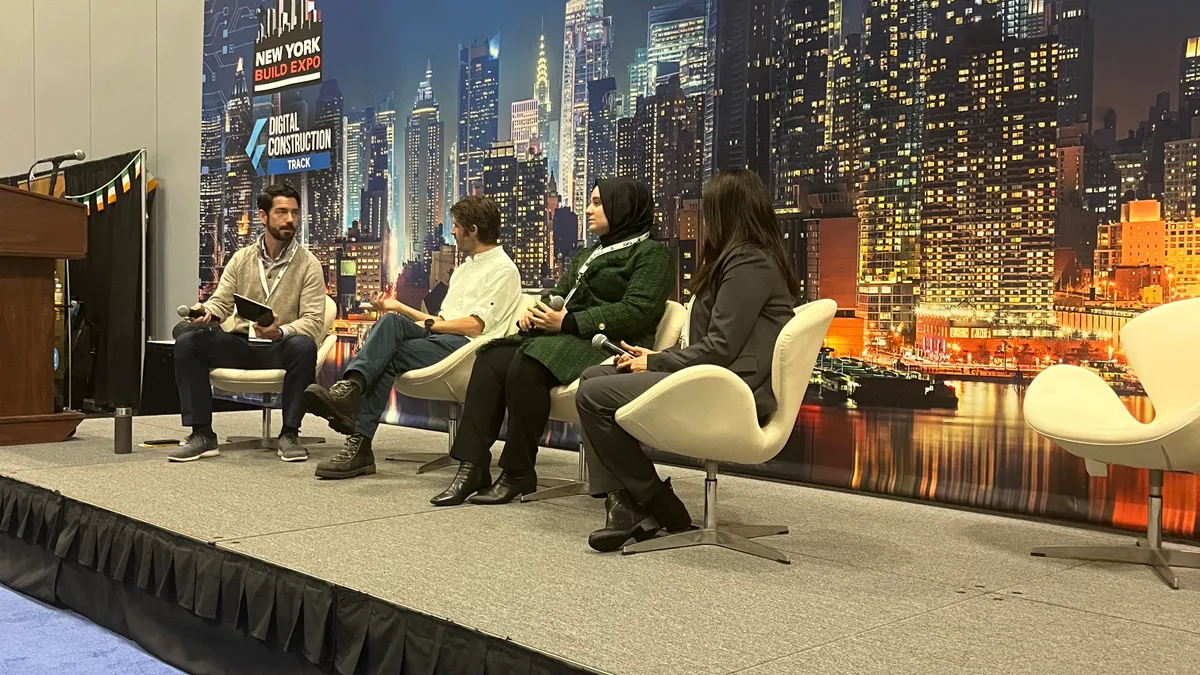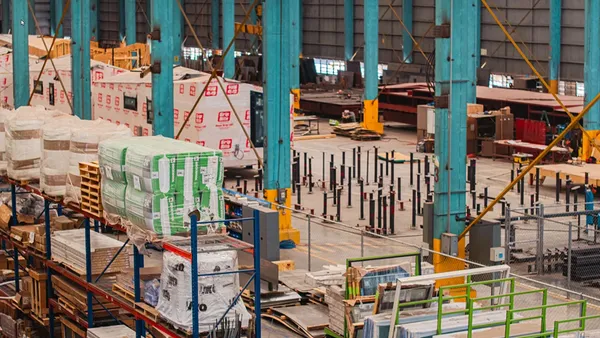Dive Brief:
- Tim Ryan, PwC's CEO, assembled a group of Fortune 1000 company heads to sign onto his diversity pledge in June, reports Fortune. At the time, 150 CEOs had taken the pledge as part of the CEO Action for Diversity and Inclusion program; today, there are 330 pledgees, including Autodesk CEO Andrew Anagnost, but Ryan is calling for many more to sign on.
- Fortune said the purpose is to create a pipeline of young, diverse talent and provide anti-bias training and inclusiveness concepts in college curriculums.
- At the November meeting, several CEOs said they're concerned about backlash from employees who aren't targeted in the push for more diversity, Fortune reported.
Dive Insight:
Similar initiatives have been attempted in the past. But if Ryan's initiative resonates with more Fortune 1000 companies, it could certainly help make inclusion efforts a priority at a time when tech firms, in particular, continue to grapple with diversifying their ranks.
Construction companies have long struggled to reach those who are often underrepresented in the industry — chief among them, women and people of color. Women, who account for less than 9% in the construction trades and executive leadership positions, often face difficulties long before they reach the job site. Negative perceptions about women's ability to perform a task and a lack of encouragement toward the trades for young girls has contributed to their lack of representation in the industry.
While Latino workers have always been a critical segment of the overall industry, construction companies could draw a greater portion of the demographic by upping their efforts to maintain bilingual superintendents and foremen. Such efforts can create a safer and more welcoming environment and help solidify anti-discrimination policies. Spanish-language based training and certification programs, too, could encourage more Hispanic workers to move into leadership positions or owning their own firms.
Though AECOM has yet to sign on to Ryan's pledge, the global engineering and construction giant has made its own strides to create a workplace culture of diversity and inclusion. The company recently earned a perfect score on the Human Rights Campaign's 2018 Corporate Equality Index. The LGBT civil rights organization's rating places AECOM among the top ranks of engineering and construction companies, which tend to be less inclusive of the demographic.
CEO support for diversity initiatives is critical, but supervisors need to be on board, too. Front-line managers can communicate the CEO's mission to their direct reports so that all employees understand the purpose of diversity and inclusion initiatives. HR is frequently tasked with leading these efforts, which are often coupled with a culture shift toward one of inclusion and accountability.














